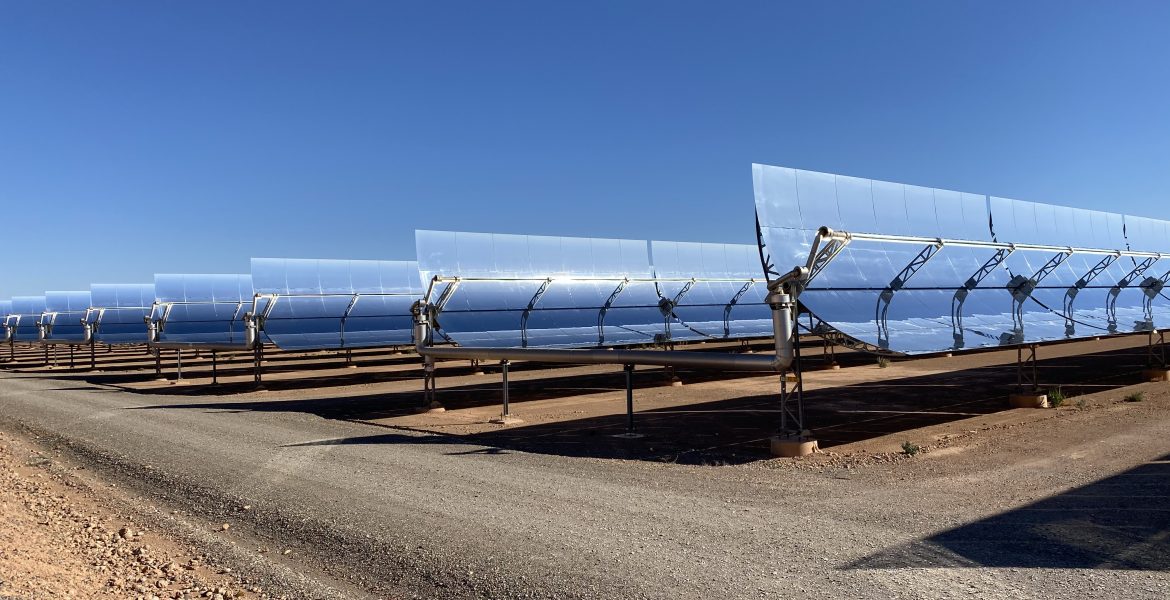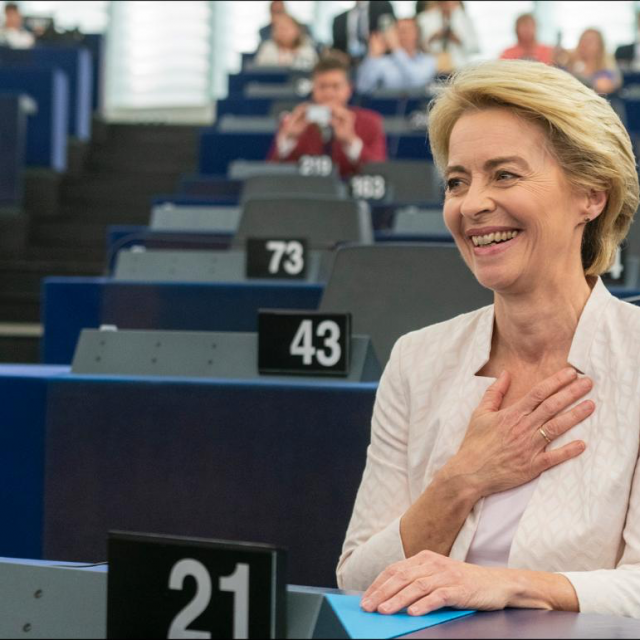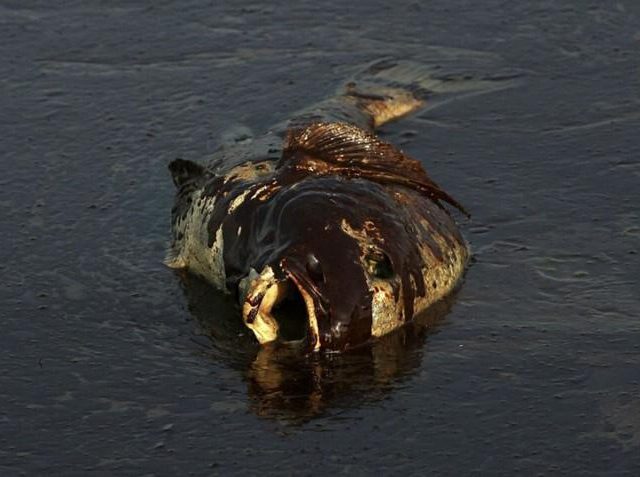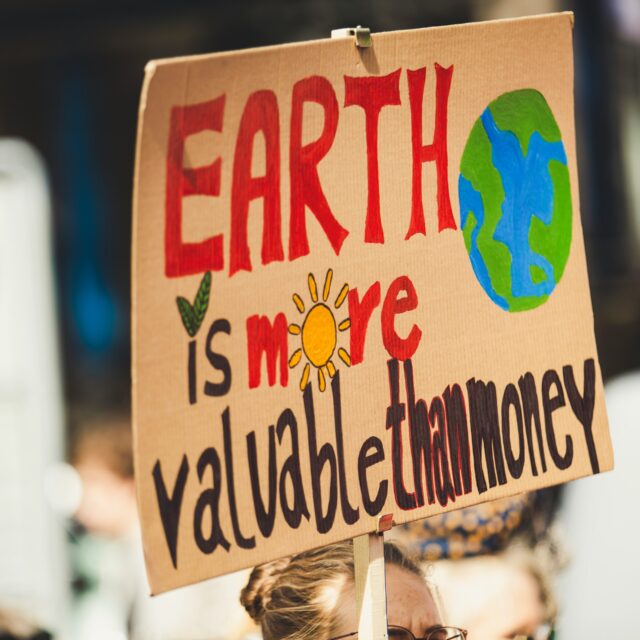Ouarzazate in Morocco is known as the Hollywood of Africa, and famous for the filming of classics like David Lean’s Lawrence of Arabia. But in the modern era of climate change it has also gained fame and importance as the location of the world’s largest concentrated solar power (CSP) plant and a centre of excellence for the research and development of renewable energy technologies.
Masen, the Moroccan Agency for Sustainable energy manages a 200 hectare research and development facility located in the campus of the Noor Solar Array complex located in the Sahara Desert to the South of Ouarzazate. The Noor project has been developed in 4 distinct phases, comprising three CSP plants and one photovoltaic (PV) array built over a vast 3000 hectare site which together have an installed capacity of 580MWs.
A fifth solar power array is due to start construction next month (February 2020) in Midelt (with both CSP and PV technologies). The Midelt project is located about 500 kms away from Noor on a 3000 hectare site in the Atlas mountains of Central Morocco, and will provide for an additional installed capacity of 800 MWs upon completion in 2021 plus power storage capability to help meet peak consumption of electricity after sunset.
The CSP technology employed by 3 of the solar array fields at Noor involves heating a salt fluid through convection of solar heat created by banks of parabolic mirrors during the day. The salt fluid is then stored in tanks and used to power turbines during the night to generate electricity to meet supply needs in the hours of darkness.
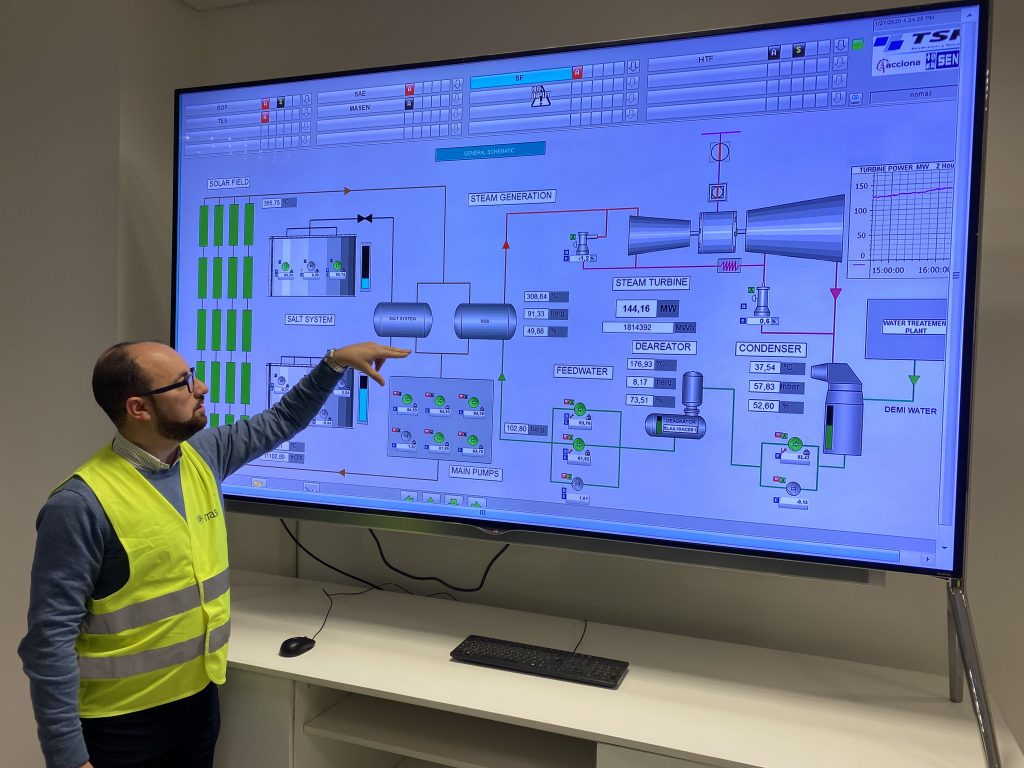
There is an increasing demand for energy across Africa, and Morocco’s expertise in renewable energy championed by Masen, is rising to meet the challenges that the continent faces.
The company is keen to share its knowledge and expertise with neighbouring countries in Africa, but it has a fine balancing act to maintain on the one hand its ambitious domestic expansion programme in Morocco with on the other hand exploration of the international opportunities to export its knowhow to the South.
Masen has already signed memoranda of understanding with 14 African countries, including Senegal, Tunisia, Guinea-Bissau, Tanzania, Madagascar, Ethiopia, Nigeria, Tanzania, Rwanda the Democratic Republic of Congo and others – so not only the Francophone countries of West Africa but across the whole continent and beyond. These partnerships concern support for the development of renewable energy by sharing know-how.
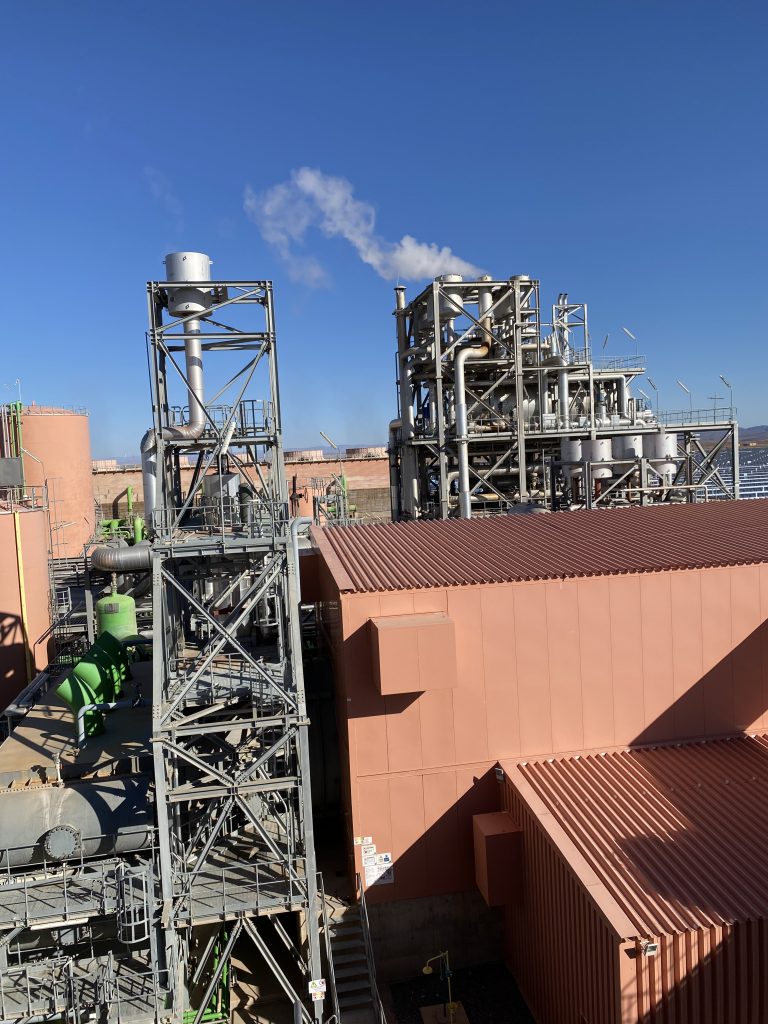
I spoke to Mohamed Ali Zerouali, Masen’s Director for Cooperation and International Development, who confessed that this was a challenge, and that he and his colleagues were constantly on the road to explore new business opportunities. But this is a challenge that he clearly relishes. “We maintain humility on our side,” he said. “An important element is to help people to achieve an environmental transition. When they understand in their conscience the benefits of renewables, and what sustainable energy can do to mitigate the crisis of climate change for the sake of the environment, then that is an essential part of the whole deal.”
When I asked about the availability of finance for new projects, he said that this was not his focus. “We concentrate on designing projects that are bankable, and which will mitigate the risks for the investor. There is a shortage of good projects ready for investment.”
A further advantage for Morocco in the renewables sector is that the prices for production are steadily reducing, and this will mean that Moroccan consumers will benefit from lower prices per KWh as the renewables market increases.

